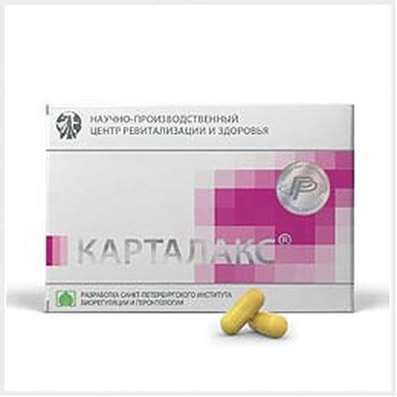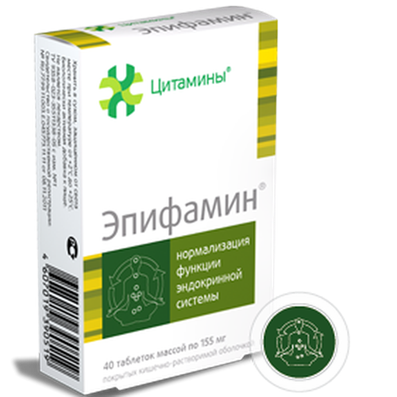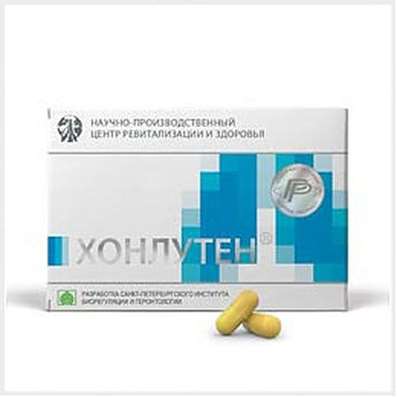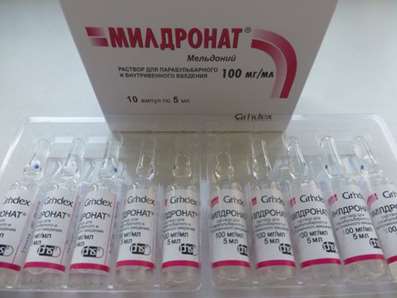Instruction for use: Aldesleukin
I want this, give me price
Trade name of the drug – Proleukin
The Latin name of the substance Aldesleukin
Aldesleukinum (genus. Aldesleukini)
Chemical name
125-L-Serine-2-133-interleukin 2 (human reduced)
Gross formula
C690H1115N177O203S6
Pharmacological groups:
Other antineoplastic agents
Interleukins
The nosological classification (ICD-10)
C43 Malignant melanoma of skin: Malignant melanoma; Localized malignant melanoma; Localized form of malignant melanoma; Melanoma; Melanoma after surgical resection; Metastatic melanoma; Common metastatic malignant melanoma; Metastasizing form of malignant melanoma; Disseminated malignant melanoma
C64 Malignant neoplasm of kidney, other than renal pelvis: Wilms tumor; Kidney Cancer; Metastatic Renal Cell Carcinoma; Renal carcinoma; Inoperable kidney carcinomas; Metastatic kidney carcinoma; Metastatic Renal Cell Carcinoma; Wilms tumor; Wilms swelling; Adenomyosarcoma; Adenomyocystosarcoma; Adenosarcoma of the kidney; Kidney Cancer; Common renal cell carcinoma; Nephroblastoma; Nephroma; Embryonal nephroma; Recurrent carcinoma of the kidney; Birch-Hirschfeld Tumor; Common renal cell carcinoma; Tumors of the kidney
CAS Code
110942-02-4
Characteristics of the substance Aldesleukin
An analogue of interleukin-2, obtained by recombinant DNA technology, using the E. coli interleukin-2 gene chain; Is chemically: des-alanyl-1, serine-125 human interleukin-2. White or off-white, sterile, preservative-free lyophilized powder.
Pharmacology
Mode action - Immunomodulating.
Is lymphokine. The recombinant form differs from natural interleukin (not glycosylated, since it is derived from E. coli, does not have terminal N-alanine, at position 125, cysteine is substituted for serine), but fully has human interleukin-2 activity. Activates cellular immunity. Immunoregulatory properties consist in enhancing mitogenesis of lymphocytes and stimulating long-term growth of interleukin-2 dependent cell populations, increasing cytotoxicity of lymphocytes, induction of killer cells (lymphocyte-activated and natural) and production of gamma-interferon, tumor necrosis factor, interleukin-1.
Creates high plasma concentrations after a short intravenous infusion, quickly penetrates into extravascular and extracellular space and is excreted by the kidneys. More than 80% of aldesleukin from the bloodstream to the kidneys is metabolized to amino acids in the epithelial cells of the proximal convoluted renal tubules. It has a two-phase elimination: T1 / 2alpha - 13 min, T1 / 2beta - 85 min.
Application of the substance Aldesleukin
Metastatic renal cell carcinoma, melanoma (additional therapy).
Contraindications
Hypersensitivity; Status of patients on the ECOG scale (ECOG scale - see "Special instructions") ≥2; The status of patients on the ECOG scale ≥1 and the presence of metastases in more than one organ with a period of less than 24 months from the diagnosis of the primary tumor; Violation of the function of breathing; Severe diseases of the cardiovascular system; Infectious diseases requiring antibiotic therapy; Metastasis in the central nervous system; Convulsive syndrome.
Restrictions
Autoimmune diseases, leukopenia (less than 4 · 109 / L, thrombocytopenia (less than 100 · 109 / L, pregnancy, allotransplantation of organs, reproductive age (reliable contraception is necessary), children's age (safety and efficacy in children not defined).
Application of pregnancy and breastfeeding
When pregnancy is possible, if the expected effect of therapy exceeds the potential risk to the fetus (safety of use during pregnancy is not established).
The action category for fetus by FDA is C.
During lactation, the issue of stopping breastfeeding should be decided (it is not known whether aldesleukin penetrates the breast milk of lactating women).
Side effects of the substance Aldesleukin
From the nervous system and sensory organs: change in mental status and consciousness (agitation, confusion, depression, drowsiness, unusual fatigue), dizziness, memory, vision, speech, motor dysfunction, convulsions, coma.
From the cardiovascular system and blood (hematopoiesis, hemostasis): lowering blood pressure, arrhythmias, sinus tachycardia, attacks of stenocardia, myocardial infarction, anemia, thrombocytopenia, leukopenia, leukocytosis, eosinophilia, blood clotting disorder.
On the part of the respiratory system: dyspnea, cough, dyspnoea, tachypnea, pneumothorax.
On the part of the intestine: nausea, vomiting, taste disorders, diarrhea, dyspepsia, gastritis, stomatitis, increased bilirubin, transaminase, alkaline phosphatase, ascites, hepatomegaly.
From the genitourinary system: oliguria, anuria, proteinuria, hematuria, dysuria.
From the musculoskeletal system: myalgia, arthralgia, arthritis.
From the skin: erythema, itching, rash.
Other: swelling, incl. Peripheral with symptoms of compression of nerves or blood vessels (sensation of tingling in the hands and feet), increased body temperature and / or chills, hypothyroidism, hyperglycemia, hyperkalemia, hypocalcemia, weight gain, conjunctivitis.
Interaction
Glucocorticoids may reduce the antitumor activity of aldesleukin (however, it has been shown that glucocorticoids, especially dexamethasone, can reduce adverse effects of aldesleukin, including increased body temperature, renal insufficiency, hyperbilirubinemia, confusion and dyspnea). Beta-adrenoblockers and other antihypertensive drugs can increase arterial hypotension. Simultaneous administration of drugs with hepatotoxic, nephrotoxic, myelotoxic and cardiotoxic effects may lead to an increase in toxic effects on the relevant organs and systems.
Overdose
Symptoms: increased severity of side effects.
Treatment: cancellation of the drug, maintenance therapy, if necessary - with / in the administration of dexamethasone.
Routes of administration
IV, SC.
Precautions for the substance Aldesleukin
When treating aldesleukin, patients should be under the supervision of a physician with experience in chemotherapy. In case of side effects, the infusion should be stopped until the toxic reactions disappear completely, and then resumed in a half dose. It is necessary to pass the following tests before and after the therapy: standard hematological examination with determination of the number of blood elements, biochemical blood test with electrolyte analysis, renal and hepatic functional tests, chest X-ray. Since aldesleukin stimulates the secretory processes of serous membranes, increasing the amount of effusion in the cavities, it is necessary before the course of therapy and during it to monitor the functional state of the lungs, to treat associated infectious diseases. Caution is prescribed in the elderly (increased risk of toxic effects). In patients of reproductive age (both sexes), aldesleukin is used only when reliable contraception is used.
Special instructions
Assessment of the physical state on the scale of the ECOG (Eastern Cooperative Oncology Group):
0 - normal physical activity of the patient;
1 - the patient has clinical symptoms requiring ambulatory care;
2 - the patient complies with bed rest less than 50% of the time;
3 - the patient complies with bed rest over 50% of the time;
4 - the patient is bedridden.

 Cart
Cart





